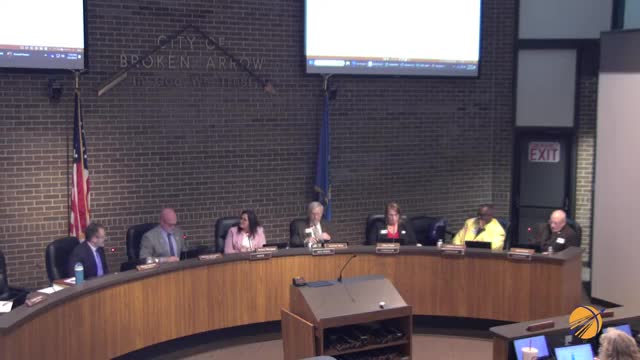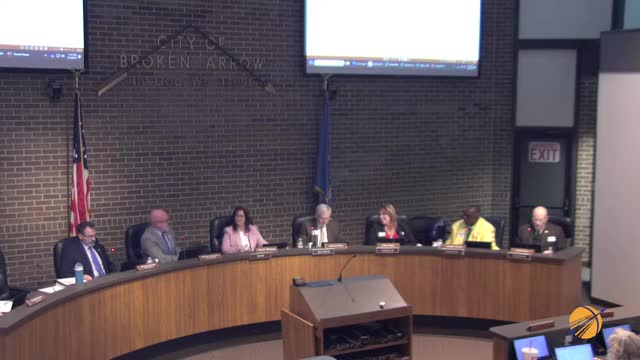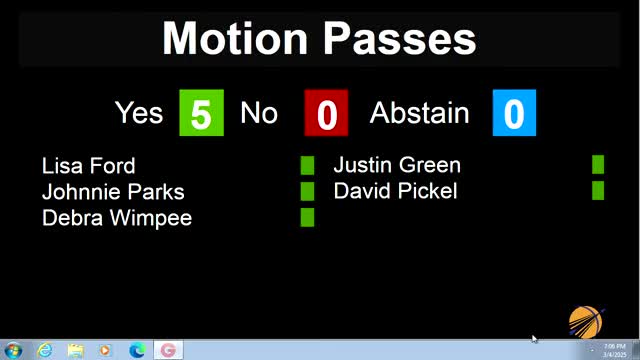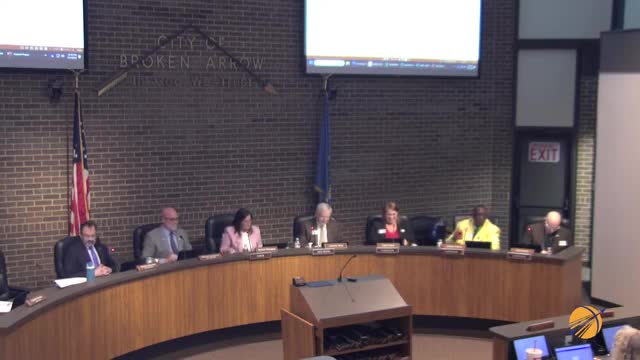Article not found
This article is no longer available. But don't worry—we've gathered other articles that discuss the same topic.

Council adopts ordinances on council pay and exotic-animal rules

Council asks city manager to draft ordinance allowing one alternate fireworks date after rain

Broken Arrow officials outline $400 million bond planning process; council to review propositions this spring

